
DECEMBER 2020 (VOL.158)
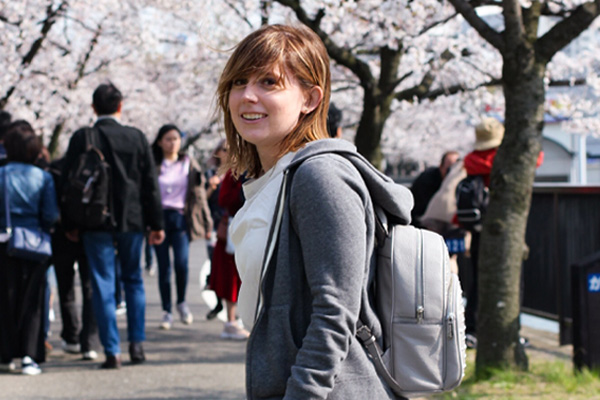
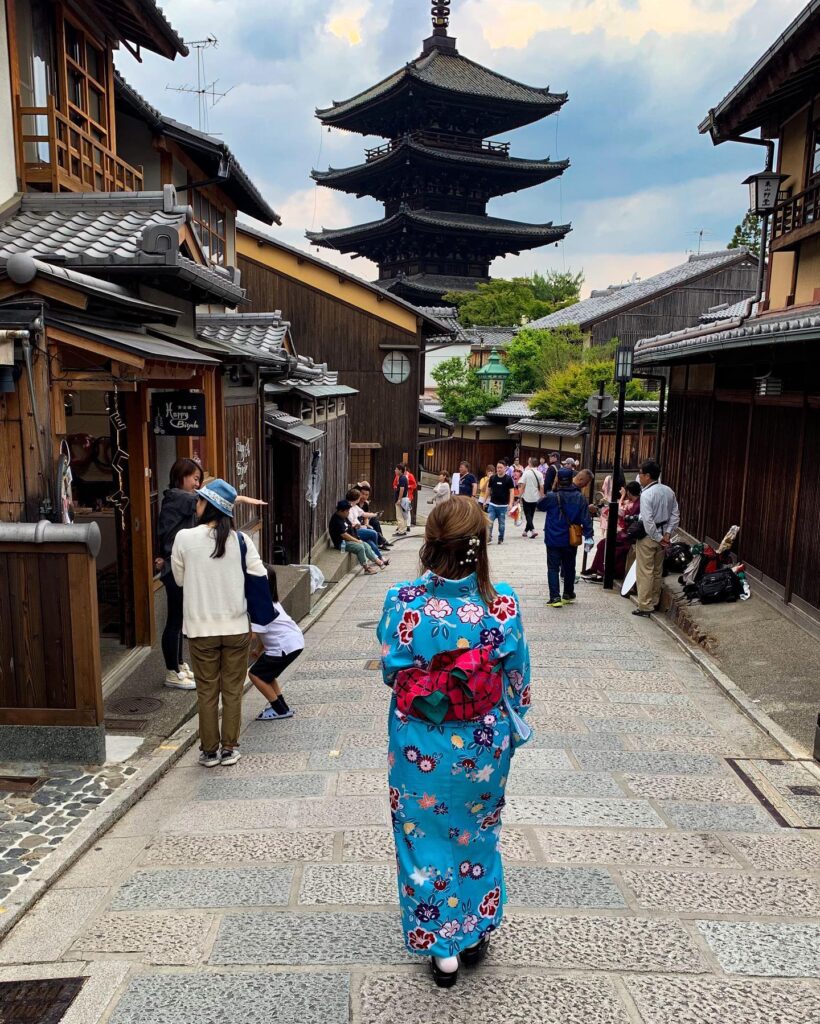
What is your occupation in Japan?
I work for a Japanese company in Digital Marketing and what I consider Business Coordination; cross-culture communication between the US branch and the Japan head office.
What is the distinctive difference between the United States and Japan?
Everything is a lot smaller in Japan; apartments, portion sizes, as well as not using a car in the city at all. Where I grew up in Orlando you needed a car to get around.
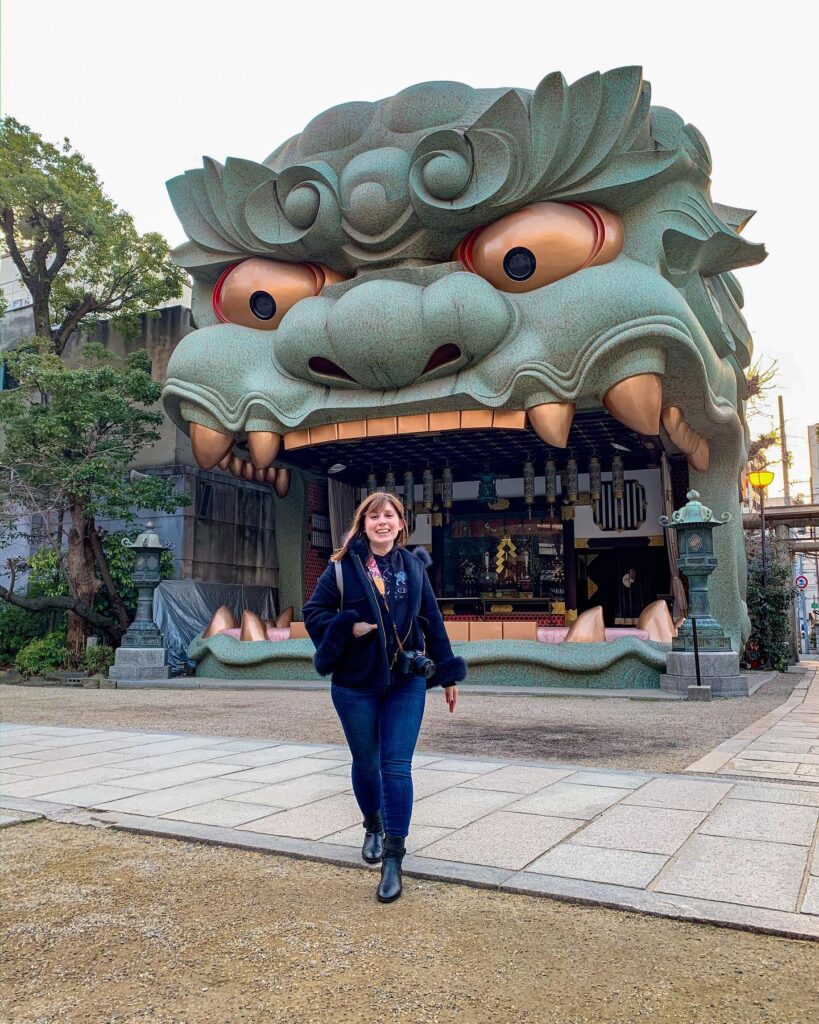
V
Why did you make your YouTube channel?
I made my youtube channel in 2011 as a way to convey my love for Japanese culture and pop culture. I uploaded regularly for the first few years I lived here but when I started working I stopped as a full-time job was difficult. Now I am beginning to pick it back up again and it’s been a lot of fun!
What do you miss about your maternal country living in Japan?
I don’t miss much to be honest, as I spent the majority of my adult life in Japan. At almost 22 years old I moved to Japan straight out of a University and all of my adult “firsts” were in Japan. If I had to choose something I would say certain foods (like Mexican food!) and my family!
What do you find different about living in Japan over the term compared to when you first arrived or came as a tourist?
More responsibility and the “magic” of Japan wears off after a while. Life becomes normal but a lot of people still treat you as a tourist because you look foreign (as a western foreigner here) and speak to you in English even if you can speak Japanese. Of course, my workplace doesn’t do this as they know me well, but the normal strangers on the street can’t tell if I live here or not. To a tourist, this is helpful and welcoming, but to someone who has been living here for a long time, it can be disheartening when you are treated as an “outsider”.
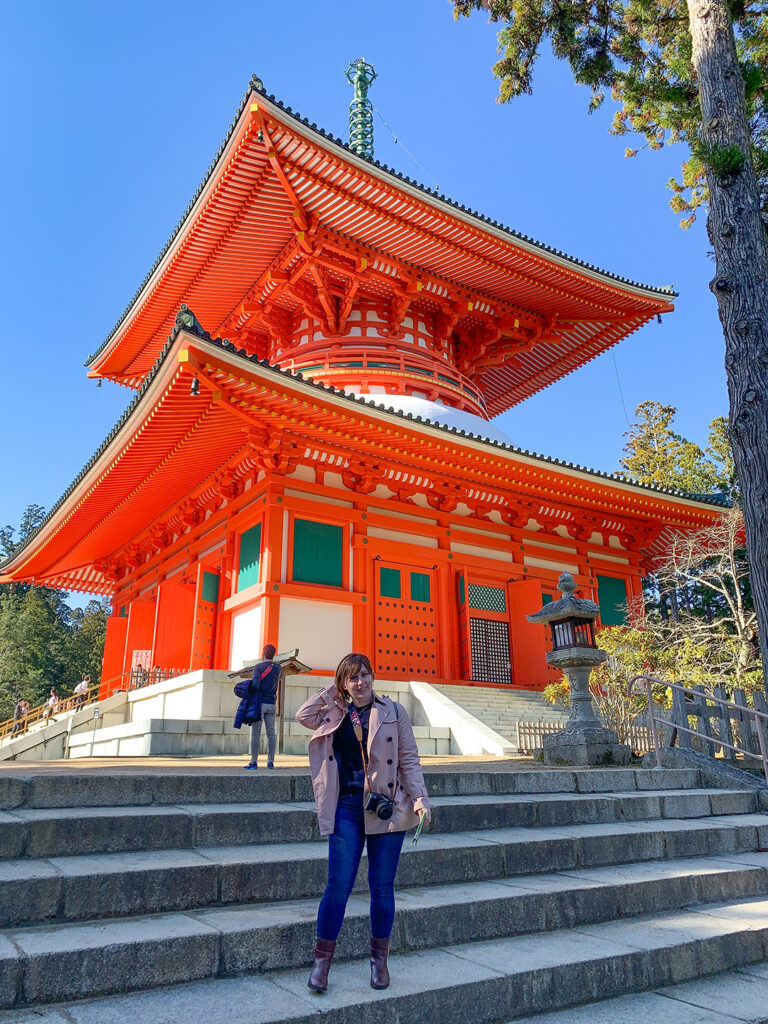
V
What do you appreciate most about Japanese culture?
Collectivism! Most people think about society as a whole rather than themselves individually. They try not to cause others trouble, like talking on the train, keeping the noise down after 10 pm at night, or not eating while walking. I have reverse culture shock when I go back to the US and I see people speaking on their phones in restaurants or on an airplane before it takes off and it bothers me now because I don’t want to hear the conversations.
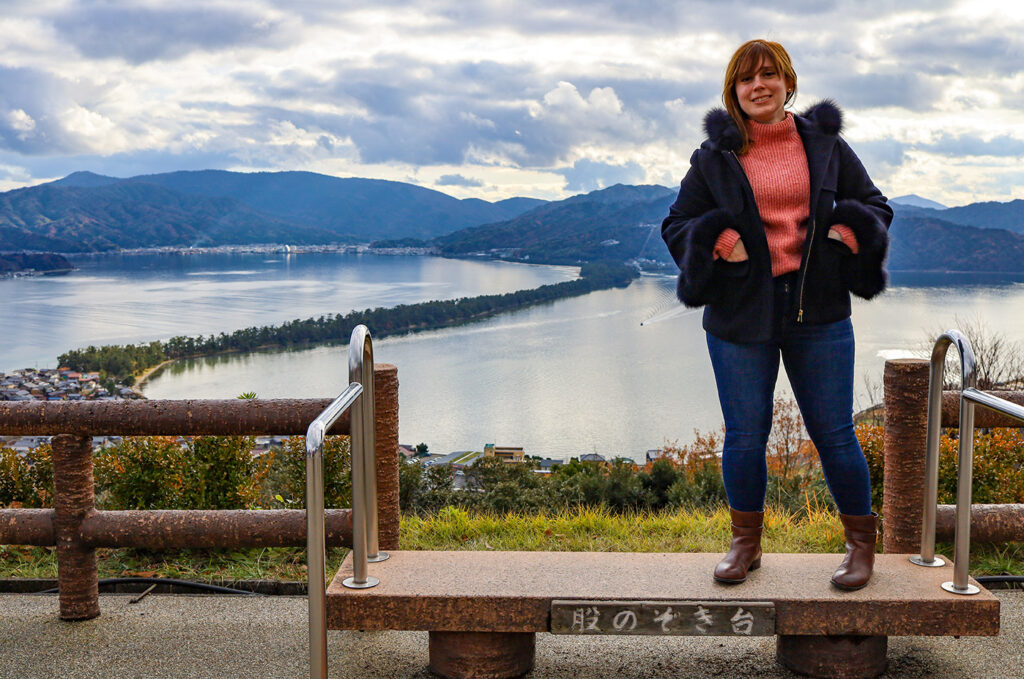
What parts of Japanese culture do you recommend that foreign people try to experience?
The easiest thing to experience is to stay at a Ryokan and soak in the hot springs! It’s one of my favorite things to do, it’s simple and it’s very Japanese.
Are there any aspects of the Japanese culture or its people that you find bizarre or unique?
A lot of Japanese people ask me the typical “foreigner” questions like “can you use chopsticks?” or “can you eat raw fish?” and assume that I am an English teacher or an exchange student. I think that’s bizarre for someone to ask when you first meet anyone.
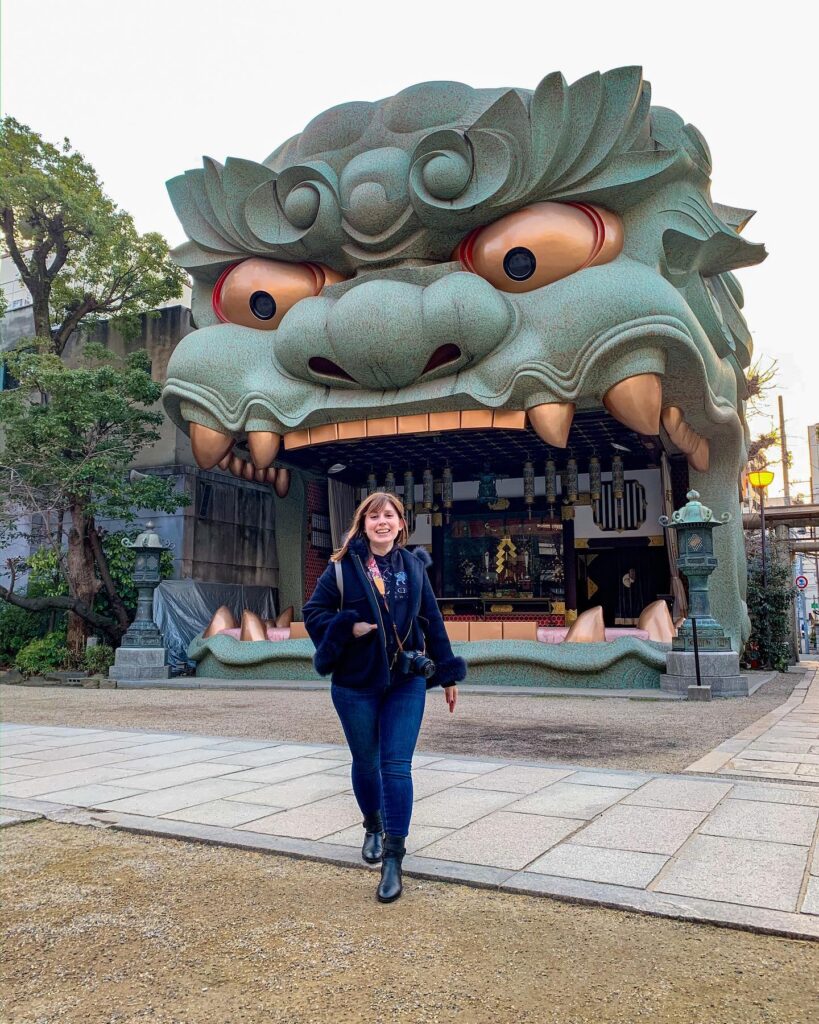
Were you hesitant to relocate to Japan?
Not at all! I studied abroad in Japan 3 times before I made the decision to move officially so I knew the culture and what I was getting into.
After moving to Japan, did you have any funny experiences?
This didn’t happen in Japan, but one time a few years ago I was on vacation back home in the US in a Wine Country in CA, when a group of Japanese tourists came in on a bus. 2 men started checking out my car and I could tell they were Japanese because they were speaking the language. I go up to them and speak to them in Japanese because I wanted to know why they were checking out my car and they were very surprised I could speak Japanese. We had a conversation for a couple of minutes but the funniest part was their faces when they realized I was speaking in Japanese to them and that I lived in Japan. Never assume that a foreigner can’t speak Japanese!
V
V




